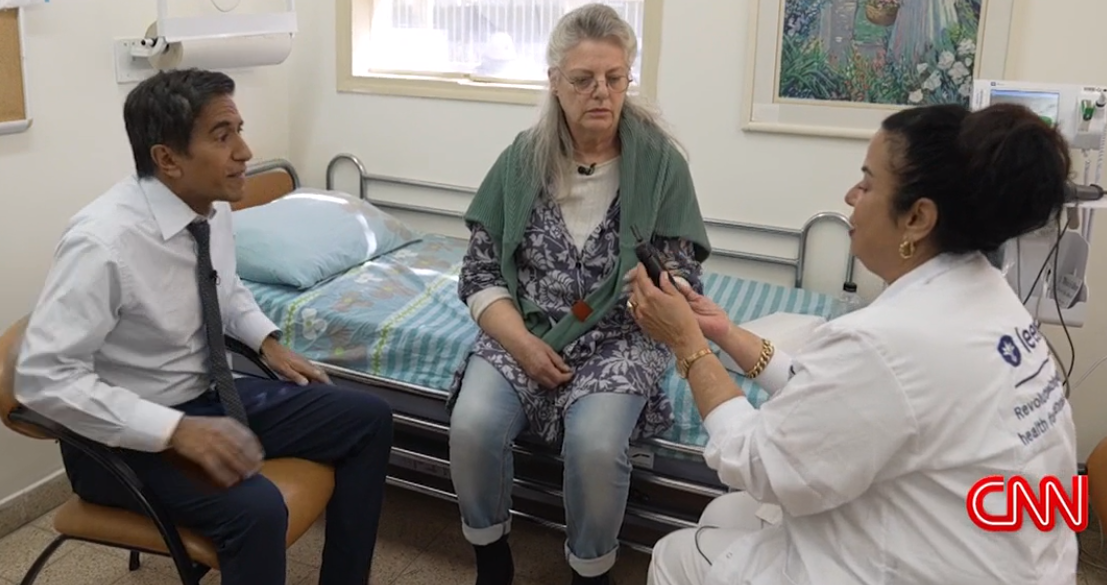Take the Win Cannabiz
You won Olympic gold but didn’t set a world record, are you disappointed?
I say “Take the Win” a lot in the cannabis industry. Now, I’m applying that to the possibility the DEA will accept Health and Human Services’ recommendation to move cannabis from Schedule I to Schedule III. There have been many articles and posts within and outside the cannabis industry about whether that’s a good idea and the associated ramifications. In terms of ramifications, I’ll go with: we don’t know what we don’t know.
I’ll skip the context of the federal government’s history with cannabis regulation and DEA scheduling for this post. For those who have taken a position that rescheduling vs. de-scheduling is inadequate, I say “Take the Win.”
I know there are good reasons to argue for removing cannabis from the DEA schedule altogether. Some of those reasons may be to keep motivating the constituents of the organizations who are promoting de-scheduling—a cynical view, I admit. It may be that there’s a presumption that de-scheduling means zero regulations. I don’t believe that’s feasible. Other than homemade items available at a roadside stand or at a school fundraiser, there aren’t many (if any) items we buy at a store that don’t have some regulatory and legal bounds. Cannabis grown commercially and manufactured for sale to consumers will always be regulated by someone: state and/or federal agencies, such as OSHA, FDA, IRS, Commerce Department, Food Safety, etc. will likely play a role. Even nutraceuticals sold at your favorite health food store must adhere to proper labeling and avoid making unsubstantiated health benefit claims It’s for our safety.
I say, “Take the Win” because rescheduling to Schedule III is a big step in a positive direction. I have heard people say that if cannabis were Schedule III it would have to be regulated like other drugs on that schedule, and, therefore, the whole state-by-state cultivation and dispensary model would be at risk. That statement goes with the presumption there would be an immediate necessity for every currently licensed producer to work through the FDA and DEA for approvals. Maybe, maybe not. Imagine 30 years ago I said, “I bet there will be state-by-state regulations allowing people to go into a store and buy cannabis with no FDA or DEA approval.” You’d likely say, “That could never happen because the Federal government requires adherence to Schedule I and applies that uniformly across all states.” Oops. It did happen. And as far as I know, the DEA isn’t arresting cultivators and dispensary operators who are properly licensed under state laws. Right? I can imagine rescheduling will lead to a series of steps Federal and State governments will have to come to terms with to fit some new definition of Schedule III, and it will happen over time.
Is there any historical reference we could use to think changes could happen over time? How about the end of Prohibition? While not a perfectly analogous set of circumstances, it’s a close cousin I think most people believe the timing went something like this: alcohol was prohibited through the 21st Amendment; the government saw bootlegging was bad for many reasons; then one day, Prohibition ended and all the alcohol products we know today were once again openly available at bars, restaurants, and liquor stores. But that’s not what happened. When you have a chance, check out the full history of the end of Prohibition. The short story is that Franklin Roosevelt campaigned in his first Presidential bid to change prohibition. Once elected, a bill was written—the Cullen-Harrison Act— “to legalize beer with 3.2 percent alcohol content and light wines”1 That was the original law that technically ended Prohibition, but it was not a free-for-all. Yes, there were new regulations that limited alcohol content for beer and wine, and it did not specifically allow spirits. Congress next amended the original Prohibition law, the Volstead Act. In a third step, the 21st Amendment was later ratified but “States that wanted to remain with Prohibition were allowed to.”1.
I can imagine there were plenty of arguments on both sides when Roosevelt was campaigning and then won. Prohibitionists thinking it was all bad and anti-Prohibitionists saying he wasn’t going far enough. I would have said, “Take the Win.” It was one step forward followed by other steps that allowed for the alcohol market we know today. But it didn’t happen overnight.
My hope is that rescheduling further opens the door for Congress to pass the SAFER Banking Act; encourages more pharmaceutical companies to do clinical research so we really understand the benefits and risks to very specific strains, terpenes, forms of usage and drug interactions; and leads clinicians to consider cannabis as a legitimate alternative to other prescription medications or find the combination of the two is best. For consumers, I hope they place more confidence that the products being sold under Federal and State regulations are safer (unadulterated) and more effective because they follow specific criteria and formulations that can be audited—even for the recreational user.
So, should we Take the Win with rescheduling or yell at the sky and pump our fists that it’s not enough?
1 Prohibition Museum, “The Repeal of Prohibition”



